To bear witness to the attention paid to the high quality of the products and the productive process, Trevalli Cooperlat has obtained several national and international certifications, which are punctually renewed in full compliance with the most updated safety and quality standards.
Shown below the list of our standards and certifications, for what both concerns factories and products requisites.
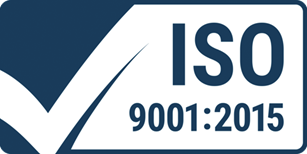
ISO 9001 sets out the criteria for a quality management system and is the only standard in the family that can be certified to. It is based on a number of quality management principles including a strong customer focus, the motivation, and implication of top management, the process approach
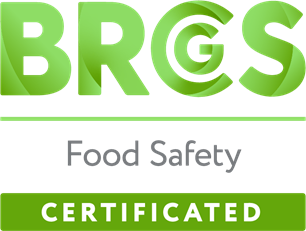
The BRC (British Retail Consortium) is a global agribusiness food safety standard. The BRC aims at assuring both the quality and safety of foodstuffs provided to the end consumers by suppliers and GDO’s retailers.
The BRC standard is recognized by Global Food Safety Initiatives (GFSI), which is an international venture with the scope of improving and promoting food safety along the whole supply chain.
Thus, the application of the BRC standard is a prerequisite for export and a recognized guarantee for the industrial reliability.
The BRC standard allows companies to:
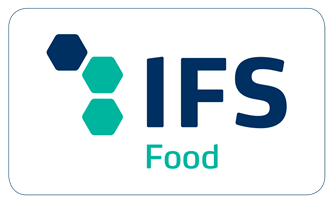
The IFS Food Standard is a standard for auditing food manufacturers recognized by GFSI (Global Food Safety Initiative). The focus is on food safety and the quality of processes and products. The IFS Food Standard is important for all food manufacturers, especially for those ones producing private labels, as it contains many requirements related to the compliance with customer specifications. The Standard supports the production and marketing departments in their efforts for the brand safety and quality.
The objectives of
Among the benefits of the IFS Food Standards, it is possible to distinguish between benefits for both production processes and corporate image. Specifically:
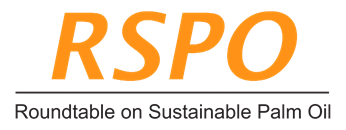
Born in 2004, RSPO-Roundtable on Sustainable Palm Oil is a Nonprofit Organization aiming at promoting the cultivation and use of sustainable palm oil.
Listed below some of the main benefits of the RSPO product Certification:
QM is the quality brand of the Marche region and it guarantees:
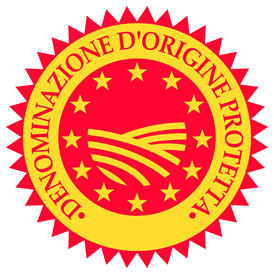
Protected Designation of Origin - PDO - is a legal protection brand of the denomination, which is attributed by the European Union to foodstuffs whose peculiar qualitative characteristics essentially or exclusively depend on the territory where they were produced.
It is the de facto extension of the protection assured at a national level by the quality brand CDO (Controlled denomination of origin) to all countries of the European Union and those covered by the GATT Agreements.
The PDO identifies products that are produced, processed and prepared in a specific geographical area, using the recognized Know-How of local producers and ingredients from the region concerned. The characteristics of these foodstuffs, which must adhere to a precise set of specifications, are deeply linked to their geographical origin.
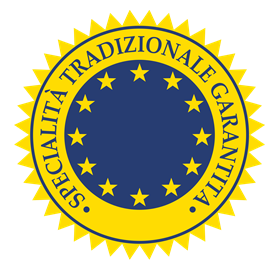
Traditional Speciality Guaranteed - TSG - is a brand of origin introduced by the EU with the scope of protecting products of a traditional character, either in the composition or means of production, without a specific link to a particular geographical area. Thus, the focus is on products with a specificity linked to the traditional means of production and composition bound to the tradition of a particular area, but which are not strictly originated from that area.
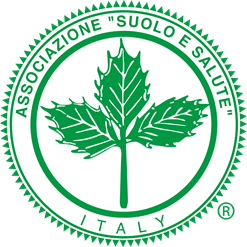
The Organic Agriculture is a food farming means of production regulated at a national, European and International level, both on legislative and voluntary stage. At the international level, the Organic Agriculture is disciplined and defined by IFOAM (International Federation of Organic Agriculture Movements) guidelines.
The Organic Agriculture privileges a rational management of the internal resources to safeguard the agroecosystem in all its aspects.
The Organic production of agricultural products must follow these precepts:
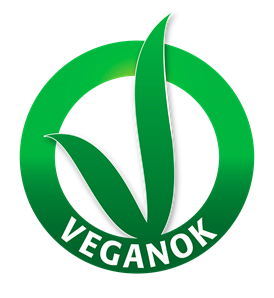
VEGAN OK is the most widespread ethical standard in the world, with more than 1000 certificated organizations and dozens of thousands of certified products both in Italy and abroad. The certification VEGAN OK is a reference point in the natural industry and guarantees to the consumers the absolute absence of any parts of animal origin in the certified products.
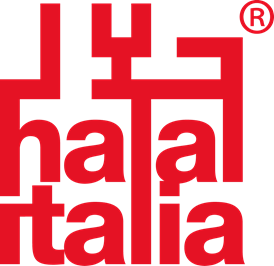
"Ḥalāl" is an Arabic word meaning “lawful or permitted”. In reference to food, it is the dietary standard, as prescribed in the Qur’an (the Muslim scripture). The opposite of "Ḥalāl" is"Ḥarām", which means “unlawful or prohibited”. "Ḥalāl" and "Ḥarām" are universal terms that apply to all facets of life. These terms are commonly used in relation to food products, meat products, cosmetics, personal care products, pharmaceuticals, food ingredients, and food contact materials.
In general, food is considered "Ḥalāl" in Islam unless it is specially prohibited by the Qur’an or the Hadith. By official definition, "Ḥalāl" foods are those that are:
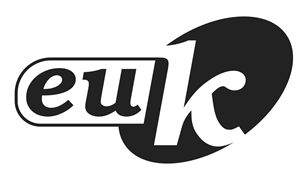
Kosher is the totality of religious precepts ruling the nutrition of obedient Jews.
The Hebrew word “ Kasher or Kosher” means “lawful, permitted”. The main rules are written in the Torà.
This certification could be applied to a wide variety of products. It is released by designated Rabbinic associations and it is indicated on the product with a specific symbol or wording which identify the certifier, Rabbi. To be certified as Kosher, a product must respect and comply with rigorous quality standards as well as all production and packaging procedures and ingredients established by Kashruth laws. The compliance with these severe rules is regularly and periodically verified and certified by professionals directly at the production site. Thus, the Kosher certification must be periodically renewed and the rigidity of these norms and precepts is an additional safeguard for end consumers, regardless of their religious belief. The Kosher certification became in time a worldwide recognized quality brand.